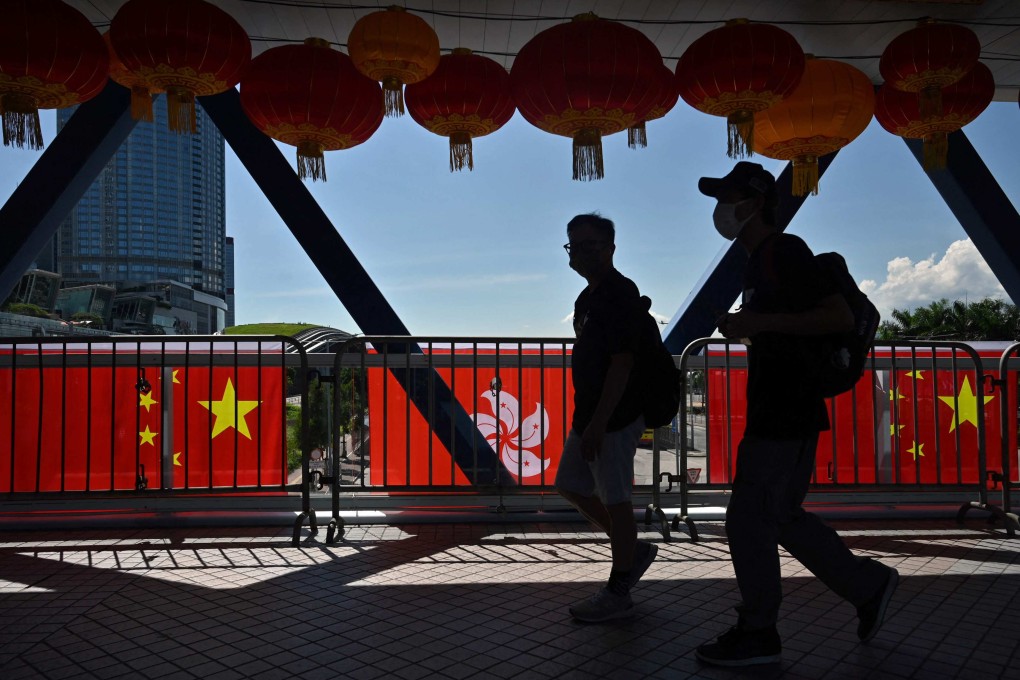The View | Dynamic change may be in the past for an ageing Hong Kong amid greater mainland integration
- Hong Kong is inevitably taking on mainland characteristics as a sovereign part of China, but we have a unique skill set that will serve us well
- The city might be diminished as a global financial hub, but that does not threaten its future as a commercial metropolis and a hub of finance and investment

The 10-14 age group had the largest number of citizens in 1972. By 1997, they had grown up, and the 35-39 age group was the largest. Today, that accolade goes to the 60-64 group (and with just under 20 per cent aged 65 and over). The 60-64 age group is also expected to be the largest by 2047, but with a startling one-third of the population aged 65 and over.
Hong Kong has undergone dramatic changes, with each decade displaying its own character. The 1970s were sedate and colonial. The 1980s were a period of incredible postcolonial growth as Britain sought to hand over the administration and simply made the place work.
The 1990s were uncertain, both successful and volatile. The 2000s were a decade of blue-sky ambition. In the 2010s, the sense was that the Chinese economy would be the boss but we would ride calmly on its coattails.
